Speaking to Interfax, Alikhanov stated that the indexation of the tax exemption threshold for the SCT on liquid steel, which is set for plate prices, is on the agenda along with amendments to the Tax Code. "The level of the national currency in relation to the exchange rate is quite challenging for exporters. In these circumstances, we think it is right to work to reduce the financial burden on the steel industry and optimize regulatory costs," he stated.
The Ministry of Industry had previously announced that it was focusing on automatic adjustment parameters that take into account source and non-source components in SCT calculations.
Under current practice, the threshold for SCT on liquid steel is set at 30,000 rubles. This threshold was established in December 2022 for vertically integrated steel producers. If during the calendar month the price of export slabs (according to the Tsslab indicator), multiplied by the exchange rate, is below 30,000 rubles, the tax is zeroed out. By 2024, however, prices remained above this level.
Steel industry representatives are demanding that the threshold be raised to 60,000 rubles. Alexei Sentyurin, President of Russian Steel, stated that the minimum threshold should be raised to at least 54,000 rubles in order to apply zero tax.
The Ministry of Finance opposes this demand. “The budget is already planned for three years, there can be no reduction in revenues,” Deputy Minister Alexei Sazanov stated at the end of February. There is already a deficit," he added, reiterating their current position.
However, Interfax sources reported that the revision of the SCT formula on liquid steel was on the agenda at a meeting chaired by Deputy Prime Minister Alexander Novak in late February.
A different formula applies to steel produced in electric arc furnaces (EAF). For this type of steel, the tax is calculated by taking into account 30% of the difference between the export price of billet, which is determined by the FOB price at ports in the Southern Federal District, and the selling price of scrap in the Ural Federal District, plus half the cost of the alloying elements used. The SCT is applied if the difference between these two prices exceeds 12,500 rubles. In April, EAF producers did not pay any SCT as the difference was below the threshold.


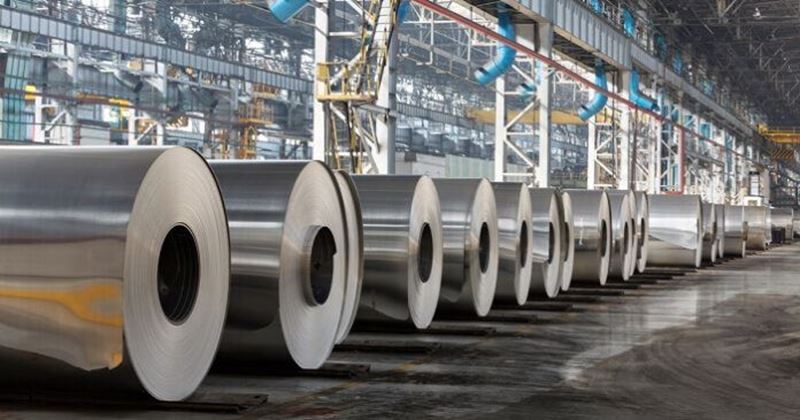
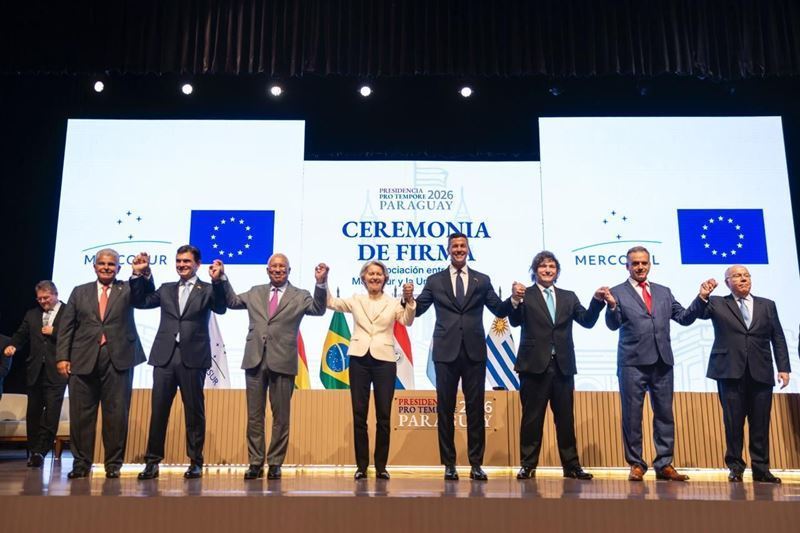
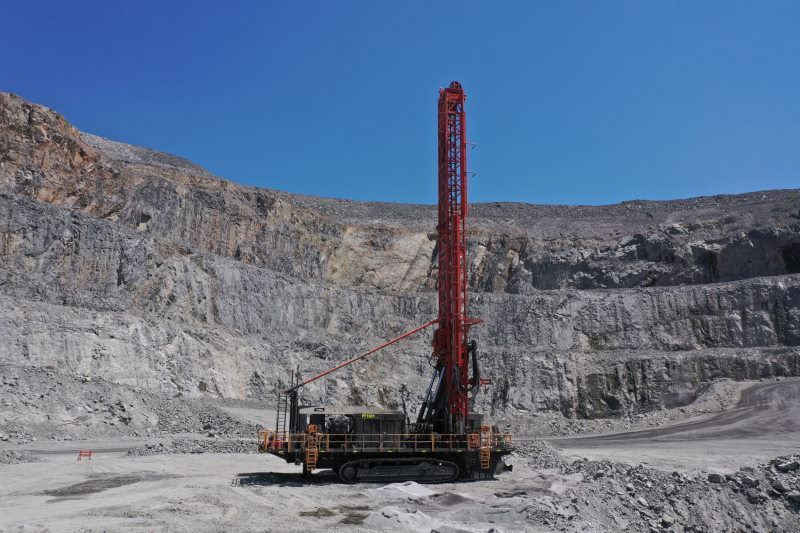
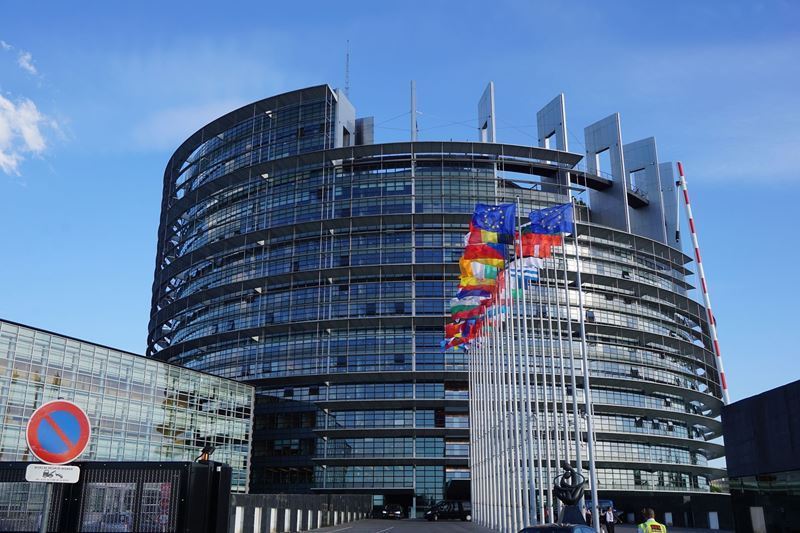
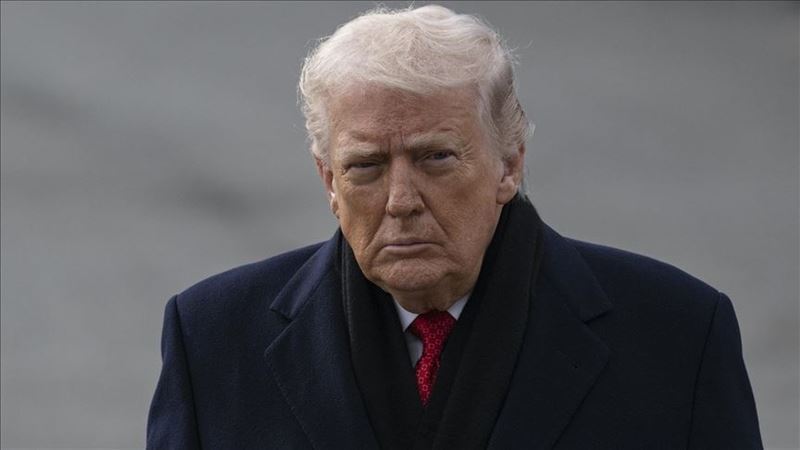
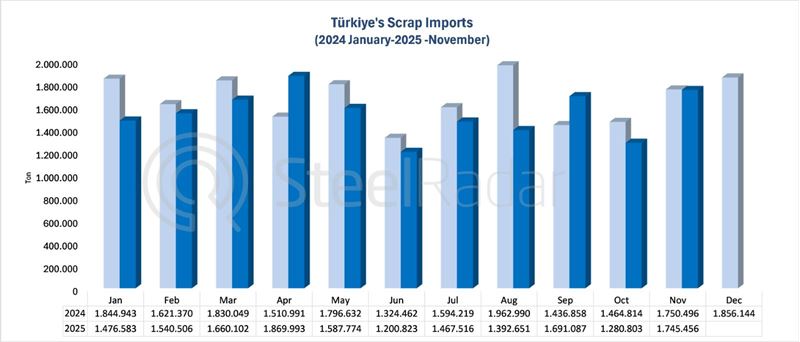


Comments
No comment yet.